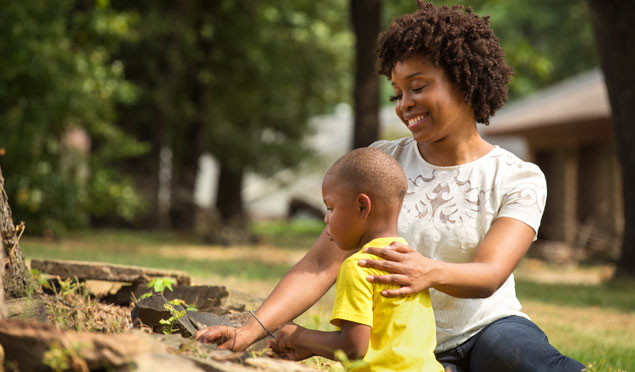Estate planning for single or divorced parents

Last updated on 12th December, 2017 at 04:38 pm
No parent wants to think about what will happen to their kids should they die prematurely… But if you’re a single or divorced parent, this life circumstance can have more complications than you planned for.
South Africa counts among countries with the highest numbers of children who are being raised by single and divorced mothers. Figures from Statistics SA show a sharp increase in the divorce rate between 2003 and 2013, with 54.4% of divorced parents having children younger than 18 years in 2013.
While divorced and single parents often put a lot of effort into minimising the effects of the absence of the other parent on their children’s lives, specific discussion is required to consider and plan for the children’s future lives after the death of a parent.
It’s crucial to talk about this aspect when a divorce settlement is negotiated and to agree in detail about what should happen to a minor child if a parent, often the mother as the main custodian, passes away. Details about guardianship need to be particularly well thought through.
According to the Children’s Act, the surviving biological parent automatically becomes the guardian. But, what if this person lives abroad or in another city and your children have to leave their familiar school environment and their entire routine is disrupted? What if a new spouse (from a second marriage) decides to adopt your minor children? Who would you want to appoint to protect and oversee the inheritance you’ve left for your children?
These are just some of the intricacies that could turn your children’s lives upside down if you don’t pay timeous attention to them. Here are a few estate planning details divorced and single parents need to consider:
Guardianship
The surviving parent automatically becomes the minor child’s legal guardian, irrespective of your divorce or custody agreement when you were alive. As the legal guardian, the surviving parent will make all financial and legal decisions for the child even if they don’t live with the child.
But a child may have more than one guardian. So, if you want to appoint someone as a guardian, make sure that the details are stipulated in your Will and reasons are given for this appointment.
Testamentary trust
It is preferable to have separate guardians for your children and for your estate (the assets you leave behind). This separation of functions will help avoid possible abuse by a guardian of the money you’ve left for your children.
A testamentary trust ensures that the money you leave for your children is used as you intended – to pay for their upbringing. You can appoint anyone you trust as a trustee, or an independent trustee from a trust company.
Life policy
With careful financial planning, you can maintain a safe and comfortable environment for your child after your death. Life insurance is one of the few affordable options allowing parents to leave a legacy for their children.
If your former spouse is paying maintenance for your children, having a life policy on his or her life will ensure that this income stream to support your children can continue beyond this person’s death.
Want to learn more?
We send out regular emails packed with useful advice, ideas and tips on everything from saving and investing to budgeting and tax. If you're a Sanlam Reality member and not receiving these emails, update your contact details now.
Update Now







